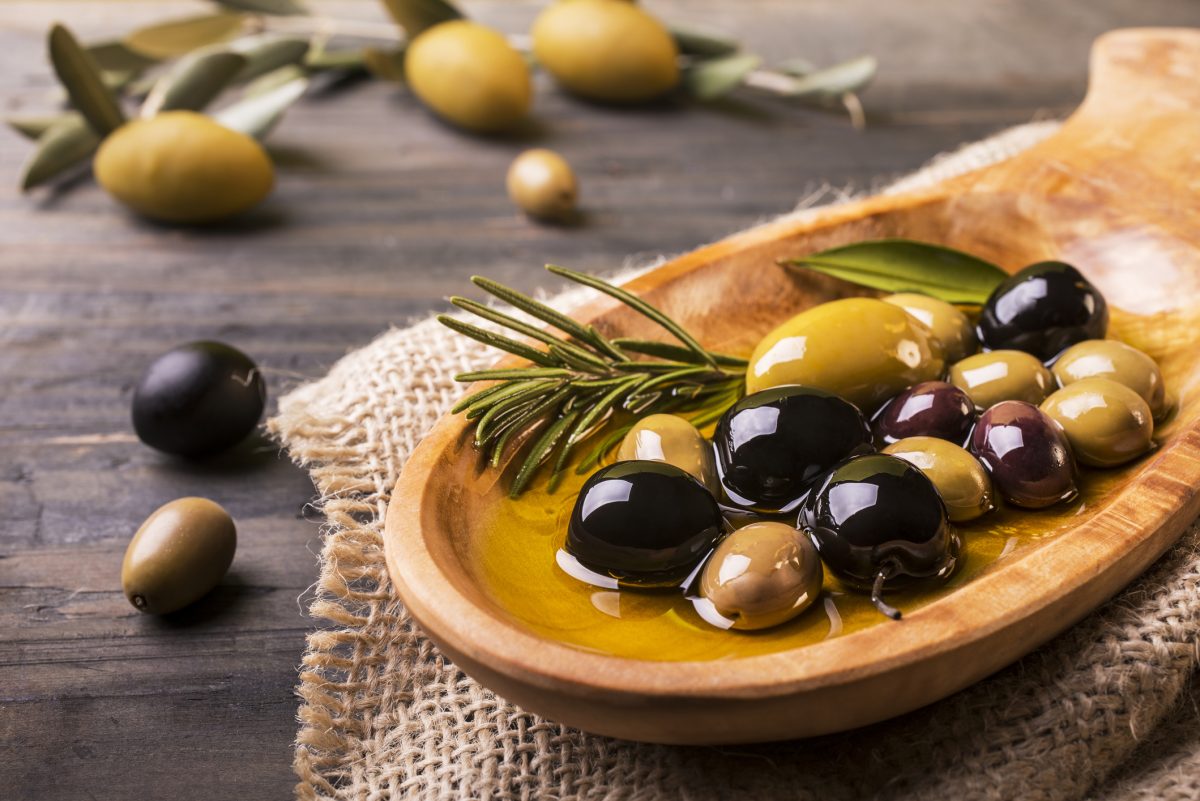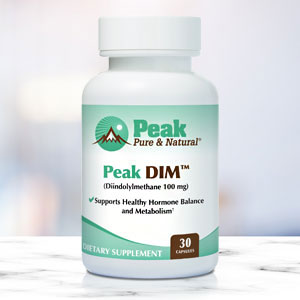In recent years, investigators have been exploring natural alternatives to the glucagon-like peptide-1 (GLP-1) agonists Ozempic, Wegovy and Mounjaro that have taken the weight loss industry by storm.
So far, a couple that we’ve written about are the phytochemical berberine and the fiber beta-glucan found in oats and barley. They’re both cheaper and safer than GLP-1 agonists, as well as better for your health.
Now, there’s evidence of a third inexpensive natural alternative — one you probably already have in your pantry — that could not only help you shed unwanted pounds but protect you from diabetes…
Olive oil’s elenolic acid could be the key
Olive oil is a wholesome monounsaturated fat with a host of health properties. They include supporting the brain to help avoid dementia, as well as defending against heart disease, diabetes, depression and intestinal injury.
There are a lot of components that give olive oil its benefits, including polyphenols and the powerful antioxidant oleic acid. But another naturally occurring compound found in extra virgin olive oil and mature olives could be the source of olive oil’s ability to ward off diabetes and promote weight loss: elenolic acid.
Researchers at Virginia Tech were curious about the impact of elenolic acid on blood sugar, so they administered an oral dose of the compound to mice with type 2 diabetes and diet-induced obesity.
After just one week of treatment, the mice weighed significantly less, and their blood sugar levels were better regulated. They also weighed less and had better blood sugar than obese mice with type 2 diabetes that were not given elenolic acid.
But after four to five weeks of receiving elenolic acid, researchers found that obese mice with diabetes experienced a 10.7% reduction in obesity!
And that’s not even the most amazing part: elenolic acid’s effect on blood glucose was similar to that of the GLP-1 receptor agonist liraglutide, and better than the first-line type 2 diabetes drug metformin.
In other words, elenolic acid may work as well or better than two medications commonly used to treat diabetes.
Dr. Dongmin Liu, a nutrition scientist from Virginia Tech and co-author of the study said the finding is significant for two main reasons.
“One, the finding that elenolic acid improved blood sugar levels and insulin sensitivity to the point where they became similar to those of healthy lean mice indicates that it is an effective compound for rectifying the key defects leading to overt diabetes,” he detailed.
“Two, the results suggest that elenolic acid could potentially be developed into a treatment for humans with obesity, insulin resistance, and diabetes. If it works similarly in humans, it could offer a new, natural way to manage these conditions.”
Imagine, a natural compound that does what those agonists do without the potential long-term safety risks.
How elenolic acid works in the body
In past research, the investigators found that elenolic acid prompts the release of two metabolic hormones that signal the brain when we’re full: GLP-1 and the less well-known peptide YY (PYY). GLP-1 is the hormone Ozempic, Wegovy and Mounjaro mimic to regulate blood sugars and satiety. PYY is released by cells in the gut to curb our appetite at the end of a meal.
Past research showed that even one dose of concentrated elenolic acid stimulated the secretion of GLP-1 and PPY. One study demonstrated obese mice on a high-fat diet given doses of 50 mg/kg/day for two weeks achieved glucose tolerance and fasting blood glucose levels equal to their peers on a standard diet.
“The compound seems to mimic the physiological conditions of eating to directly promote gut metabolic hormone secretion, which helps regulate energy balance and metabolic health,” Liu says.
While elenolic acid is found in olive oil and mature olives, the researchers caution we likely couldn’t eat enough of either to match the concentrations used in the study. We’ll just have to wait and see how this develops.
However, there’s already plenty of proof that following the Mediterranean Diet, which emphasizes extra virgin olive oil as a staple, can put you on a path to weight loss and improve glycemic profile.
And if you like olives, enjoy them as a snack. But look for a low-sodium brand. There are plenty of them to choose from.
Editor’s Note: You’re invited to join a tiny handful of Americans who enjoy rare, fresh-pressed olive oil all year long. Take my word for it, there’s a difference in taste, quality and benefit! Click here to learn more…
Sources:
Natural Compound in Olives May Help Fight Obesity And Type 2 Diabetes — Science Alert
Identification of a Novel Multi-target Bioactive Compound With Anti-obesity and Anti-diabetic Activities — NUTRITION 2024
Can a compound found in olives help treat obesity and diabetes? — Medical News Today
Read full article here




